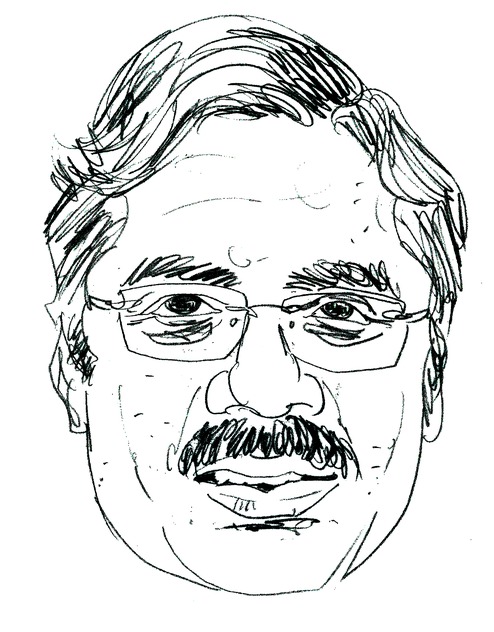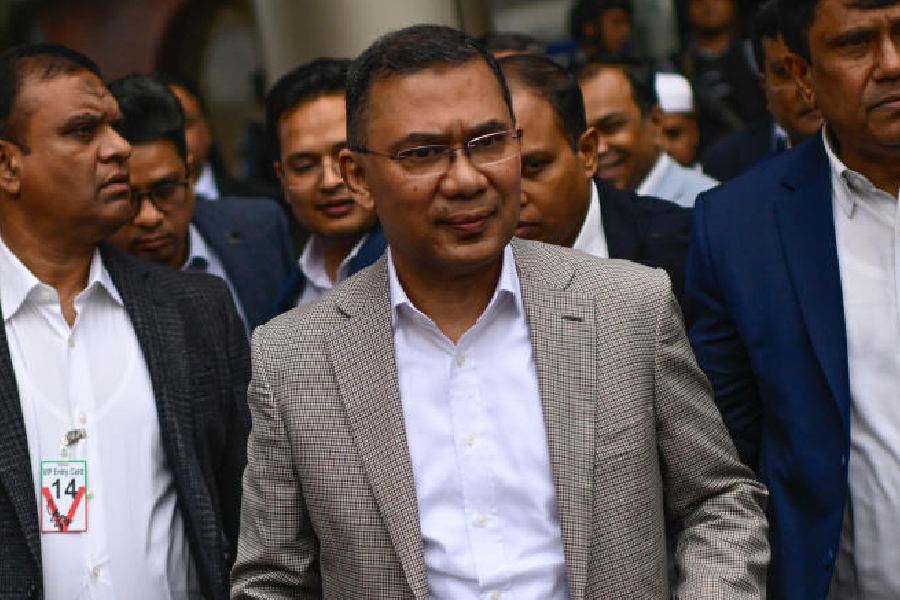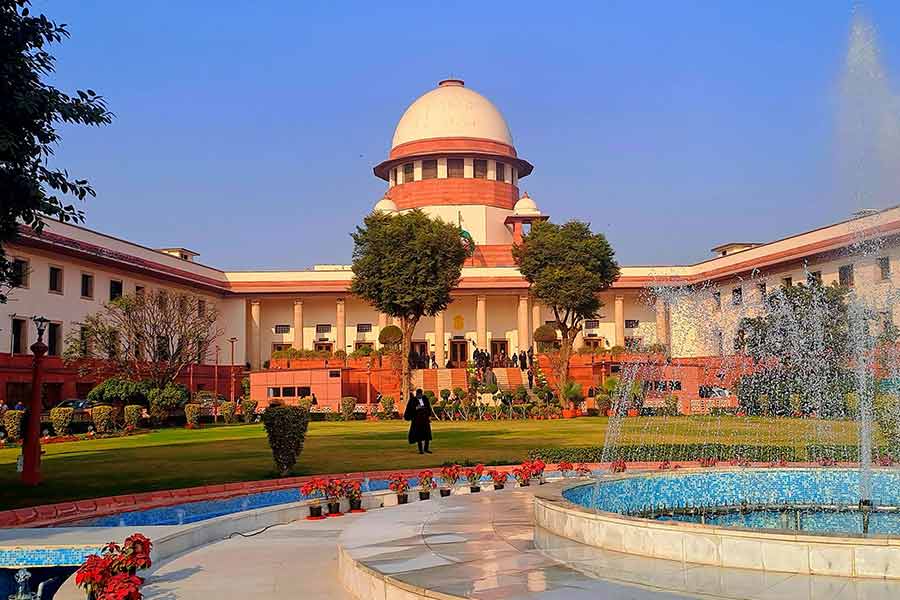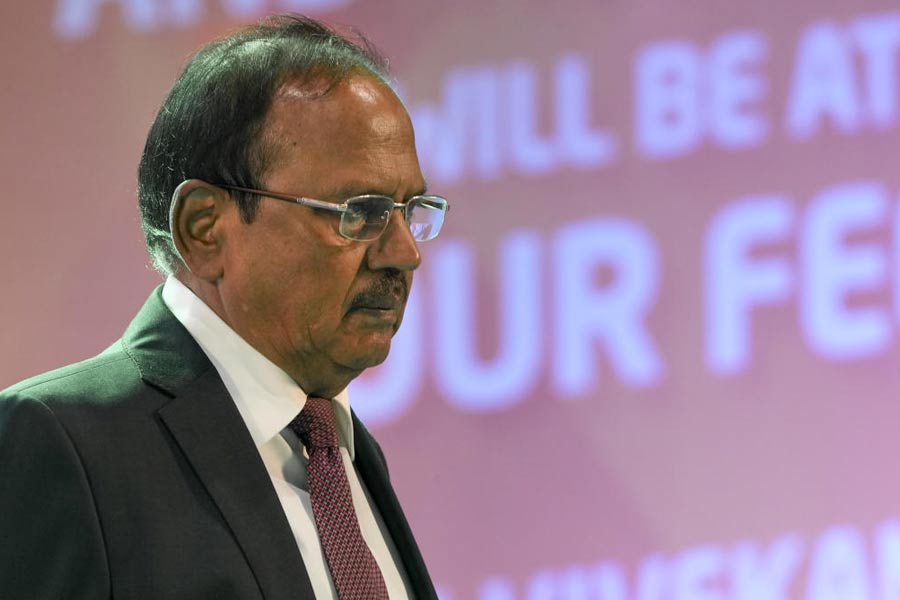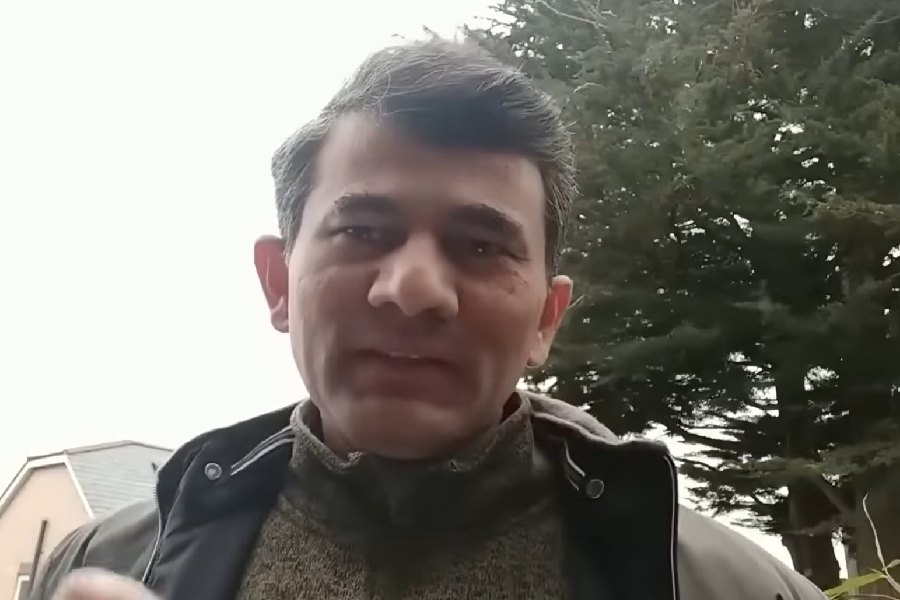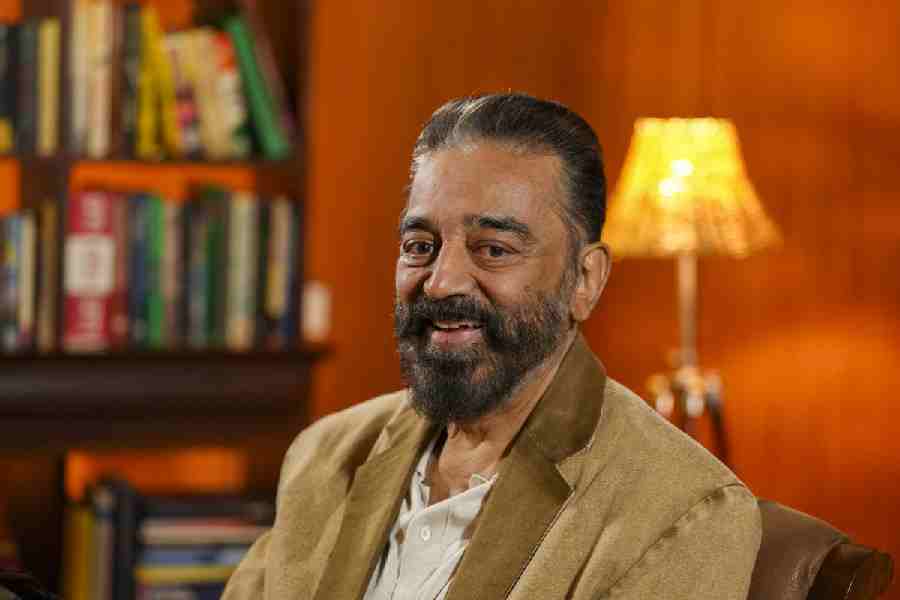
Call it lumping them together, but over the years the literary endeavours of Indian diplomats have scarcely gone beyond academic efforts on foreign and strategic affairs. There has been the odd novel, or fictional history, even poetry collections. However, Pavan K. Varma is an exception in that alley, a diplomat of different strokes with the pen.
Varma has several books to his credit and he cannot recall all the subjects he has written about. He can list them in their chronological order, though. "The subject keeps changing but not the love. The love of taking a subject and having the rigour to write one lakh to one-and-a-half lakh words," he says. His latest book, Adi Shankaracharya is an eponymous work on the eighth century philosopher. The tag line reads: "Hinduism's Greatest Thinker".
We are sitting in the spacious study of his penthouse floor in Delhi's tony Vasant Vihar. As I survey the room, I notice that occupying pride of place on the walls is a large and well-known black-and-white photograph of Jawaharlal Nehru sharing a joke with Mahatma Gandhi. I recognise it from the television debates he participates in - they feature as his perennial backdrop.
We settle on sofas next to a wall that is dedicated to the city of Delhi, a topic he has visited again and again in his writings. The wall is covered with framed paintings and prints of the city's landmarks, some dating back to the 18th century even.
Varma, 65, is dressed in an off-white shirt and dark blue trousers. In his hand is his trademark pipe, which he replenishes with care from time to time. A man of letters, Varma punctuates the conversation with a Sanskrit couplet, a citation from some ancient Indian text or a quote from Ghalib in chaste Urdu to make his point.
It seems he chose Shankaracharya for a specific reason. "Most Hindus know the name. But they would not know when he lived, what he did, what he wrote and what his point of view was." The book, according to Varma, demonstrates that Hinduism has remarkable philosophical underpinnings that not many are aware of. He says, "Hinduism is a grand edifice of thought. It is not merely a way of life or some ritual or the celebration of an occasional festival."
But hasn't Hinduism been largely reduced to that? Would Shankaracharya recognise it today? Says Varma, "He would be perturbed if he were alive. He would be agitated by the transparent attempts to reduce Hinduism to its lowest common denominator by the self-anointed evangelists. Hinduism's greatness is that as a religion it cannot be severed from its philosophy. And for people who have no notion of its philosophical underpinnings, the mechanical assertion of Hinduism as ritual alone is a great disservice."
Varma says he didn't reconstruct Shankaracharya's life sitting in his study. He travelled to almost all the places the sage had been to.
Hagiographies of Shankaracharya, over the centuries, have portrayed him as an avatar of Shiva, who was sent to destroy Buddhism, a religion that had shaken the foundations of Hinduism. Some modern writers have decried Shankaracharya for furthering the varna system that encourages caste discrimination. Varma disagrees on both counts and quotes several instances when Shankaracharya spoke against the varna system.
Instead, he credits Shankaracharya with ensuring a "civilisational unity" by establishing maths in various parts of the country. "You cannot explain these maths without this unity. There was a reason why these were established in Sringeri in the south, Joshimath in the north, Puri in the east and Dwarka in the west. We also come to know that Sanskrit was, in a sense, a language that was known across India."
His may not be a hagiography, but in it Varma goes so far as to say that modern science has validated many of the philosophical assertions of Shankaracharya. He quotes physicists and neurologists to "prove" that. "What Shankaracharya saw without the scientific apparatus but through the philosopher's eyes is being validated by the telescope and microscope."

I point out that one of these days, he may encounter a Hindutva fanatic quoting from his own book to assert that every invention and scientific theory that we know was known to our ancestors in the distant past, and he shudders.
So how is what he is saying different from a Biplab Deb claiming the Internet existed at the time of the Mahabharata? This time Varma's pitch rises a bit. He says, "Let me make it very clear. I distinguish my chapter on the correlation of his philosophical insights to what science is saying today from the Dinanath Batra school of history. To try and posit everything today as something that has happened in ancient India and Hinduism is to devalue Hinduism and trivialise that great legacy."
He thinks, leans forward and adds. "They may take vicarious pride in some of my findings. But this is an intensely researched work."
For many years, Varma has been the aggressive defender of the secular character of India. But he feels our founding fathers may have missed out on incorporating more Indian characteristics in our history books, giving the BJP-led government a chance to push its own version of history. "Nehru, in my view, slightly underestimated the refinements of ancient India when he spoke about modernity in relatively Western terms. He said that we should get rid of the dead wood of the past. But there were lessons to be learned from the past. There can be rectifications that can be carried out even now." But he is very clear that if there is a "conscious attempt" to impose a certain idea, he will fight it.
Varma comes down heavily on those who speak of secularism without a "modicum of respect" for India's past. "There was a time when you were supposed to be less than secular if you praised ancient India. That reflects this brand of secularism's rootless cosmopolitanism. I have very little respect for that. Those who espouse it know very little about India's past."
In 2012, Varma joined Nitish Kumar as his "culture adviser" before being inducted into the Janata Dal United (JDU) formally. He has been JDU spokesperson thereafter. Hasn't his position as a strong proponent of secularism been compromised after Kumar severed ties with the Rashtriya Janata Dal and re-joined the BJP?
Varma says he is being true to his party's constitution. "It is always simple to do what is right. I am part of a political system where political alignments are contingent. But people must have the courage of conviction to say what they believe is right. When I say what I think is right, I also find that it is entirely congruent with the constitution and the philosophy of the JDU. It must be the only constitution of a political party where the word secularism occurs thrice in the very first page. So I must be true to that vision."
But secular parties often accuse the JDU of strengthening the hands of the Right-wing in India at a time when everybody opposed to aggressive Hindutva should be together. Varma disagrees. "We are not here to strengthen the hands of the Right-wing. In fact, as a coalition partner we can reassert and restrain elements of the alliance partner who are extreme Right-wing. Nitish Kumar has not made a single speech where he has not talked about the respect for all faiths."
We come back to his books. He is chuffed about his When Loss is Gain being turned into a movie. He is tight-lipped about the contract, except to say that he signed it recently and that shooting will start very soon.
His next love, he says, will fall into his lap like his previous subjects. And it could be anything.

